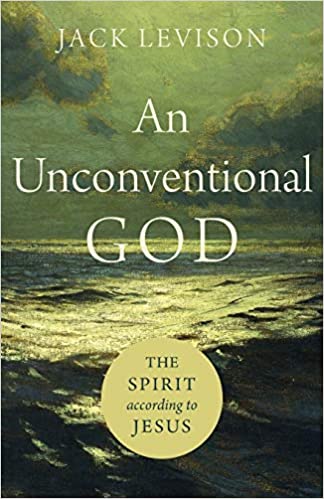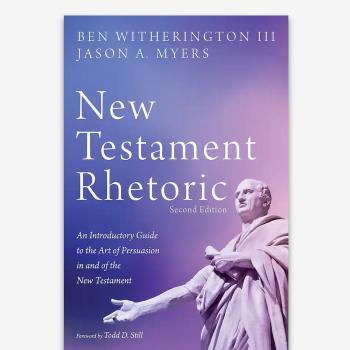BEN: I like your willingness to be creative and try differing readings of all too familiar texts, like the birth narratives, but it seems to me that both Matthew and Luke are clear enough about a miraculous God induced conception, and it is one of the remarkable convergences between Mt. 1-2 and Lk. 1-2 while otherwise those texts take very different slants on the story. I would take the angelic announcement ‘and behold…’ in Lk. 1.31 as a clear statement meaning she is now becoming pregnant, and quite rightly she had asked how could this happen without the usual coupling of male and female. The reason Mary’s child will be called holy is because a holy God is directly involved in the conception says Luke. I think only with hindsight knowing the miraculous Christ event would Isaiah 7.14 have been read as being about a miraculous conception since the Hebrew does not require such an interpretation— it just means a nubile young woman of marriageable age without prior sexual experience will become pregnant, presumably by the normal process, though the Hebrew doesn’t spell this out. Comments?
JACK: Yes, I agree that both Luke and Matthew “are clear enough about a miraculous God induced conception.” Yes, absolutely! But how? How did this “God-induced conception” occur? Let me quote a little from pages 18-19:
This explosive conversation between angel and virgin has cast a spell over centuries of Christian thought. But is it a conversation about the virgin birth? Not necessarily. Gabriel does not say, “The Holy Spirit will come upon you, and you will be pregnant.” Gabriel does say, “The Holy Spirit will come upon you, and the power of the Most High will overshadow you; therefore the child to be born will be holy; he will be called Son of God” (Luke 1:35). Understood in this way, the pronouncement is less about the mechanics of Mary’s pregnancy than about the character of her son. The “therefore” that links the first and second halves of the promise connects the Holy Spirit with the holiness of the child and the power of the Most High with the Son of God. When the Greek is read in this way, the Holy Spirit will not cause Mary to become pregnant; the Spirit will ensure that her child will be holy. Holy Spirit, holy son.”
What I am getting at is this larger point, that we need to read scripture from the ground up with fresh eyes. I can affirm the virgin birth (though, as you note, Isaiah 7:14 is a scanty basis for this in the Hebrew text), but I don’t have the luxury of reading this doctrine into a text written 2,000 years ago unless that text is unequivocal about the virgin birth. In the case of both Matthew and Luke, I’m saying that the role of the Holy Spirit in the birth of Jesus can be understood in different ways, depending upon which biblical, which scriptural, which Old Testament texts supply the foreground. This is an exercise in reading scripture from the ground up—and that ground is Jewish scripture. We begin there, just as the authors of the New Testament did, and understand Jesus in the light of the Old Testament, first and foremost.

















